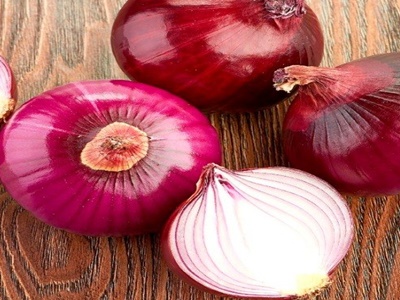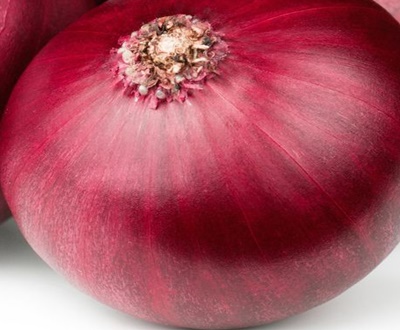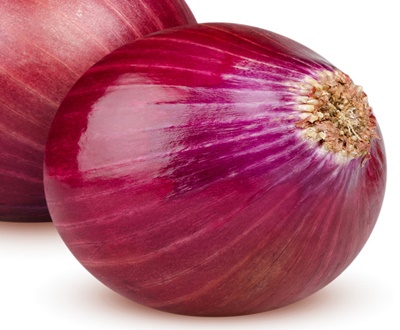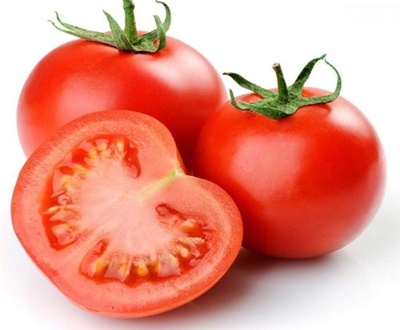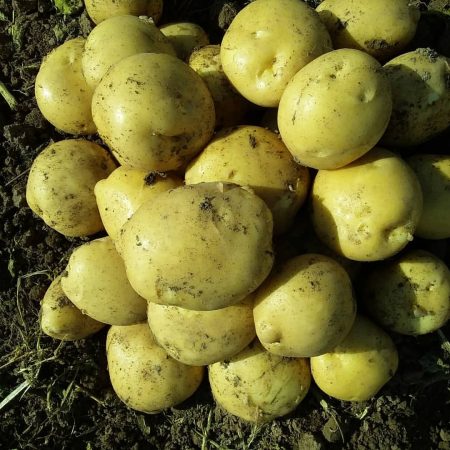Description
Health Benefits
Scientists have linked onions with many health benefits. Most of the benefits come from antioxidants. Research shows that one particular antioxidant, called quercetin, protects health in several ways. One study shows that quercetin fights inflammation and boosts the immune system.
Onions have other health benefits such as:
Antibacterial Action
Research mainly conducted in labs has shown that onions may kill a wide range of bacteria. In one experiment, onion and garlic extracts inhibited the growth of several microbes. Garlic extract also reduced bacteria in the mouths of human volunteers. More research with human subjects is needed to show how onion affects bacteria in the body.
Cancer Risk Reduction
Eating onions and garlic may reduce your risk of cancer. Italian researchers found that those who ate the most onions were the least likely to have cancer of the colon, throat, and ovaries. In another study, researchers found that men who ate the most vegetables of the allium family were the least likely to have prostate cancer. Researchers believe that antioxidants are responsible for the cancer-fighting properties of onions.


